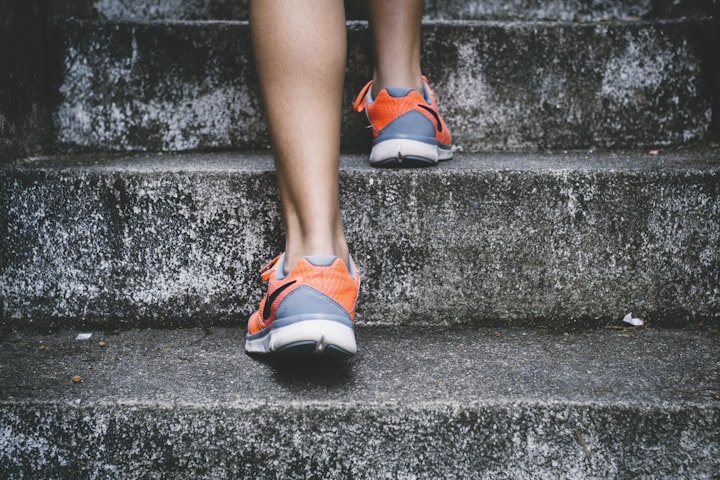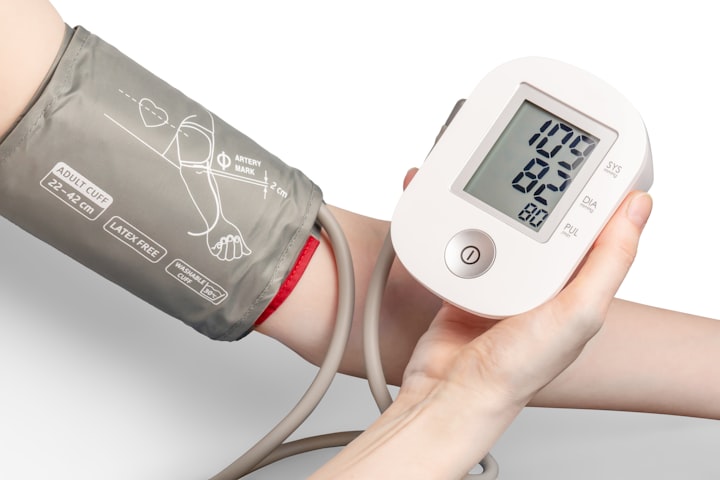Exercise Improves Health
Exercise Improves Health

Of course, previous studies, including a popular 2016 study, divided 60 to 75 minutes of daily exercise goals as death benefits. However, the study was based on reported data, and the most recent study published in the British Journal of Sports Medicine found that this was incorrect because people often did not remember their actual level of activity. Scientists at the Norwegian School of Sports and Medicine have taken a meaningful approach and developed their research on the use of activity monitors to track mobility and duration.
Exercise is very important in preventing chronic illness and premature death14. However, doubts remain with the appropriate volume, frequency, duration, and intensity of exercise and the minimum health benefits, especially the effect of stamina, balanced and active health. The good news is that a study of more than 650,000 people in 2012 found that 150 minutes of exercise (about half an hour five days a week) could increase life expectancy by 3.4 years. There is also evidence that strenuous physical activity can be attributed to the previous work of Paffenbarger and his colleagues. 106 of these studies showed that regular physical activity and weekly dietary intake of 2,000 kcal (8,400 kJ) was associated with an average increase in life expectancy of 1 to 2 years, with 80% of successive gains in energy consumption.
If you go to a blue area and exercise 10 minutes a day or 75 minutes a week, you earn 18 more years. A new study published in the British Journal of Medicine, a new study suggests that you need only 11 minutes of exercise a day to live longer. Studies have found that people who live eight to ten hours each day and can engage in at least 11 minutes of moderate exercise are less likely to die than people who only get two minutes of exercise a day.
Walking 11 minutes a day can reduce the unwanted health effects of standing for hours, according to new useful research on how our inactivity and exercise affect our health. Doctors used to think that we should exercise for 30 to 60 minutes a day, but new research has shown that we can see benefits from younger physical periods. One of the discoveries about exercise is that if you are one of the many people struggling to find time for exercise on a busy day, there are benefits to a job that can be achieved by squeezing in a few minutes a day.
Exercise and exercise have both immediate and long-term health benefits. They can improve your health and reduce the risk of various diseases such as type 2 diabetes, cancer, and heart disease. This article addresses the specific benefits of regular physical and mental health.
When you exercise, you feel better about yourself and your appearance, which can boost your confidence and self-esteem. Improves cardiovascular health share Pinterest (Vgajic / Getty Images) Exercise is always good for heart health. Before a person can begin to experience the benefits of regular physical activity, the CDC recommends that adults participate in at least 150 minutes of active activity per week.
A study published in the journal PLOS ONE, based on exercise data from more than 10,000 people, found that those who exercise more than once a week feel happier and perform better. There is a link between exercise and happiness, and research results are often much better than feelings after a sweating session. A study conducted by the University of Vermont found that 20 minutes of exercise can increase mood swings for up to 12 hours.
According to the US Office of Disease Prevention and Health Promotion (US Office of Disease Prevention and Health Promotion), cardio and strength training gives you something to lift. 30 to 60 minutes of exercise three to five days a week can have great emotional benefits. Help with sleep exercise can help people sleep better, and the benefits start early. Exercising before bedtime brings a lot of sleep energy.
Departments are a great time to increase activity levels: research suggests that outdoor or outdoor exercise has a better effect on well-being than indoor physical activity. People who do not sit still are less likely to exercise and maintain an active lifestyle. There is a link between exercise and a reduced risk of other cancers, but the evidence is not clear.
Exercise and a healthy diet may not cure Alzheimer's, but it may help support the brain during dementia that is closer to 45 years of age. to use force. Increased life expectancy Increased scientific evidence suggests that exercise can delay death for any reason, according to a report released by the Department of Health and Human Services in 2018.
A study by Penn State University found that people who exercise regularly can do moderate to vigorous exercise whether they feel comfortable or not. Warm, soft chemicals around the body after exercise can help calm people with anxiety problems. In a small study of people diagnosed with panic disorder in 2018, moderate to severe physical activity has led to a greater reduction in anxiety than light exercise.
Researchers found that participants felt more satisfied when they were awake, calm, and active compared to periods of inactivity. People who exercise, whether light, moderate or strong, were happier than usual on the day they were active, which means that increasing the use of exercise can bring a lot of energy to happiness. Exercise can make you feel happier over time, but getting stronger can make you feel better.
Studies have shown that low aerobic training (30 minutes to 3-5 days a week for 10-12 weeks) is good for strengthening.





Comments
There are no comments for this story
Be the first to respond and start the conversation.